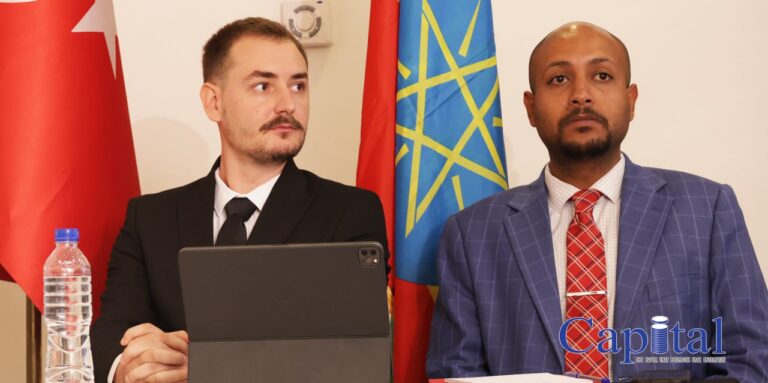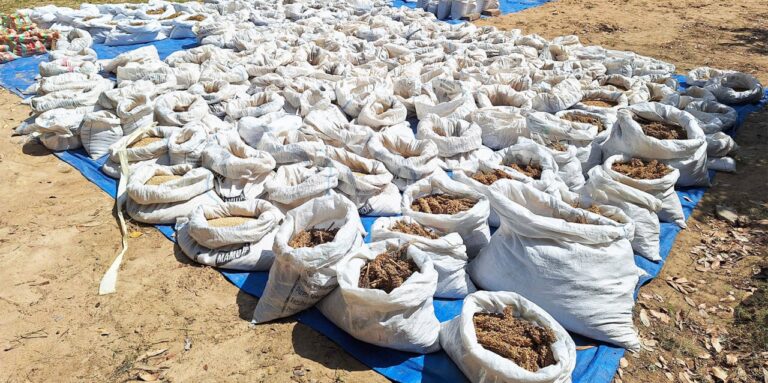Vita Food Industry, a Turkish company that began production in Ethiopia in 2018, has expressed concerns regarding the negative impact of unregulated candy products entering the Ethiopian market. Known for its high-quality Thai candies and lollipops produced in compliance with health and safety standards, VITA has recently observed an influx of similar products that do not meet these rigorous standards.

Eyuel Tibebu, Director of Operations and Marketing at VITA Food Industry, highlighted the potential risks posed by these unauthorized products, stating that they not only compromise health and safety but also threaten legitimate investors in the sector. “The emergence of these substandard products could deter further investments from companies like ours, ultimately putting the industry at risk,” he warned.
VITA Food Industry prides itself on manufacturing its products in a fully certified and licensed facility, ensuring that all items are made from high-quality ingredients. The company has emphasized the importance of consumer awareness regarding illegal candy products that may be circulating in the market.
In a recent press release, VITA urged both the business community and consumers to remain vigilant and support legitimate products to ensure their safety and quality. The company aims to maintain its commitment to high standards while navigating the challenges posed by unregulated competition.







